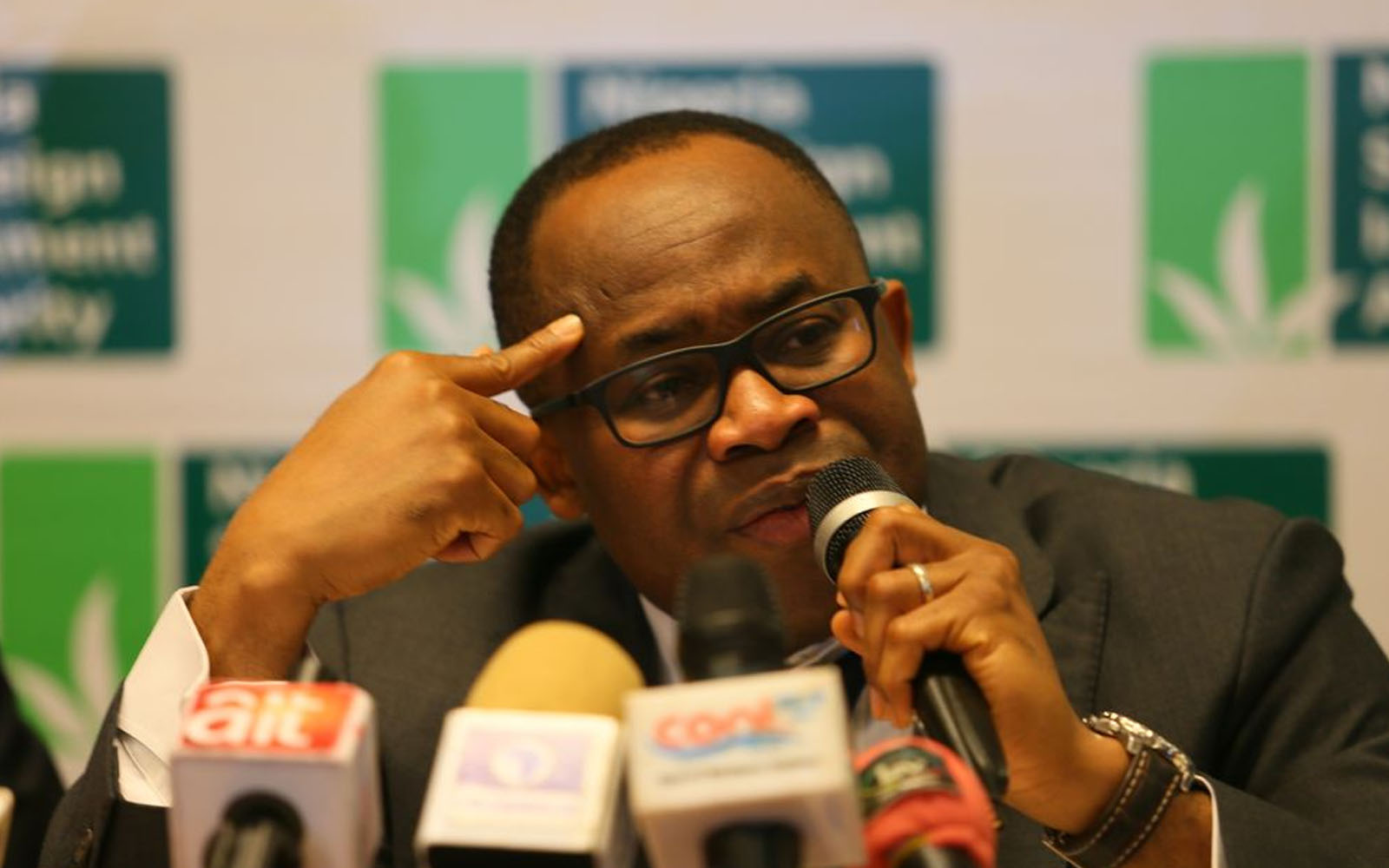The Nigerian Sovereign Investment Authority (NSIA) recently released its 2017 financial report. One of the takeaways from that report is that net profit took a turn for the worse falling from N149 billion to N27 billion representing a decrease of 82%. The media is already awash with that news and we will, therefore, not bother readers with it in this piece.
However, there are a few things that have not been talked about, not even by Dr Uche Orji, the Managing Director and CEO of the Authority, in his press conference after the release but the eagle eyes of analysts at Quantitative Financial Analytics Ltd have been able to catch those observations.
One of such is that the NSIA re-balanced their investment portfolio in terms of geographical allocation of assets. That rebalancing led to a reduction in exposure to the Middle East and the US. In 2016, out of the group’s total investment portfolio value of N399.7 billion, N121 billion or 30% was invested in various investment types in the Middle East while N141 billion was in investments in the United States of America.
In 2017, that changed. Investments in the Middle East fell to N3.16 billion, a decrease of 99.2%. Unlike in 2016 when the Middle East domiciled investments were in at least 4 investment types, the 2017 investment is only in hedge funds.
Unlike the Middle East where the Authority almost zeroed out its investment in that location, the reduction in US domiciled investments was not as significant. The investment in that region, which had stood at N141 billion at the end of 2016, fell to N103.5 billion by 2017-year end. That is just approximately 27% reduction compared to the 99% reduction in the Middle Eastern investments.
Euro-Asia Here We Come
The rebalancing and reallocation seems to have favoured the Asian continent as the Authority increased its exposure to Asia and Europe. By the end of 2016, the Nigerian Sovereign Investment Authority had exposure to Asia and Europe to the tune of N16 billion and N7 billion respectively, but that exposure was increased in 2017 to N22.7 billion and N15.2 billion respectively.
It could be understandable that, given the economic growth rate in China and their increasing interest in Nigeria, it makes economic sense to diversify or investment in China but what is not as understandable is the reason to increase exposure to Europe given the Brexit conundrum. While Britain is still figuring out the way forward after exiting the European Union, it took the intervention of the Italian president to install a pro Euro prime minister recently, otherwise, we would have been talking about another nation exiting the union. Though that “calamity” was averted, the fear that Italy might exit still remains.
Coming Home to Roost
It looks like the Authority just suddenly remembered that charity begins at home or could they have been awakened by Donald Trump’s America first campaign. May be encouraged by the growth prospect in Nigeria and the fact that interest rates are higher in Nigeria than most places, or the fact that investments outside Nigeria may be hurt by the vagaries and behaviour of the Naira in relation to other currencies, the Authority increased its exposure to Nigeria.
In 2016, the Authority invested a total of N101.9 billion in various investment types in Nigeria, but that was more than doubled to N346.5 billion in 2017. The good thing about the Nigerian investments is that it cuts across almost all investment types, from money market to bonds. The Authority, which had invested about N12.2 billion in other African countries in 2016, also reduced its exposure to the rest of Africa to N7.2 billion in 2017. We were not able to contact the Authority to find out the reason for the rebalancing as there is neither an email nor phone number on their website.
Another discernible development is that the Authority not only reallocated its investments across geographical lines, it also did so across investment types. For example, fixed income investments, which stood at N100.7 billion in 2016 was increased to N262.7 billion in 2017. While the geographic allocation of fixed income investments remains the same between the two years, the allocation ratio was changed in favour of Nigerian fixed income securities which has gone from N22.6 billion to N242 billion.
Like 2016, the asset class with the greatest allocation remains fixed income securities. Money market placements took a big hit in the rebalancing, probably due to the trends in the yield curve across the world, some of which had gone into negative like in Japan. In 2016, money market placement by the Authority was N90 billion but that stood at N316 million. Exposure to banks was also reduced as bank balances went from N58 billion to N22 billion.
Surprisingly, the Authority increased its exposure to more risky assets like Hedge fund investments as well as private equity investments. All said and done, the Authority’s risk assets increased from N400 billion to N498 billion, which as already noted, is spread across geography and asset classes aimed at reaping the fruits of diversification and risk management. Whether this objective is realized or not will be revealed when the 2018 financials are reported and analysed.





















Why is NSIA investing in actually infrastructure- Like Airports, Lagos-Ibadan expressway (tolled).